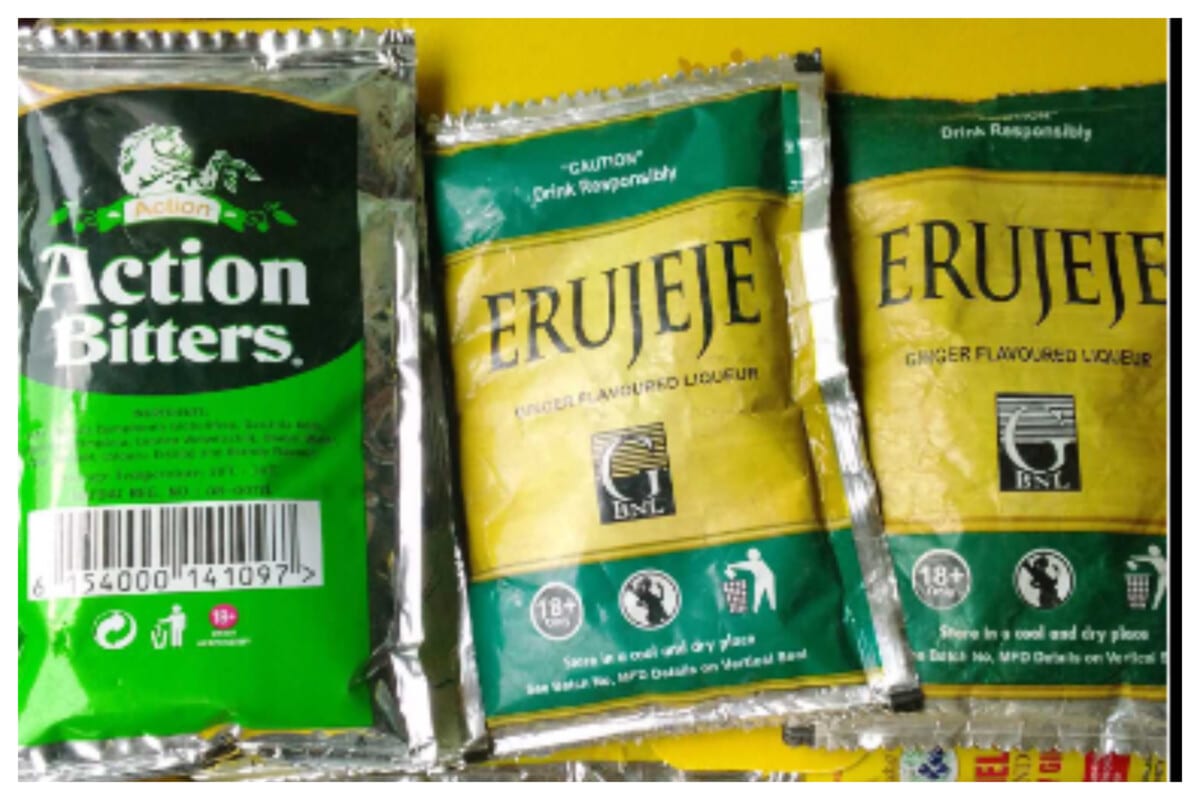In a significant turn of events, the House of Representatives Committee on the National Agency for Food and Drugs Administration and Control (NAFDAC) has taken an action, shifting forward the controversial ban on producing and selling alcoholic drinks in sachets and 200ml bottles.
Chairperson Regina Akume, alongside her Deputy Chairman Idu Obiajulu, directed the suspension pending the end of their comprehensive investigation into the matter.
The suspension comes amidst a backdrop of heated debate and public outcry following NAFDAC's swift implementation of the ban. Despite NAFDAC's immediate enforcement, the House, during its Plenary session, empowered its committee to delve deeper into the issue, refraining from outright instructing NAFDAC to lift the ban. This nuanced approach underscores the complexity of the matter and the need for a thorough examination of its implications.
Following intense disussions involving various stakeholders, including the Minister of State for Health, Tunji Alausa, and NAFDAC Director-General Prof Mojisola Adeyeye, a consensus emerged to postpone the ban's enforcement. The decision, reached after extensive consultations with representatives from the manufacturing industry, spirits and alcoholic drinks producers, and inputs from civil society and organized labour, reflects an effort to balance public health concerns with economic considerations.
NAFDAC's initial rationale for the ban centred on protecting the health and welfare of vulnerable groups, citing concerns over alcohol abuse and its adverse effects, particularly on youths and low-income communities. However, the House Committee, echoing sentiments echoed by stakeholders, emphasized the potential impact of factory closures on unemployment and hardship, stressing the urgent need to address these socio-economic repercussions.
The alignment of views against NAFDAC's stance stresses the importance of inclusive decision-making processes and the recognition of diverse perspectives in moulding policies that affect the livelihoods of millions. As the investigation unfolds, all eyes remain on the House Committee as it makes its way through the delicate balance between public health imperatives and economic difficulties in regulating alcoholic beverages in Nigeria.
The committee proposed taking control procedures to prevent children and youths from drinking alcoholic contents from sachets and pet bottles as a more appropriate measure.
NAFDAC had initially sealed off about three alcoholic beverage producing companies in Nigeria for selling unapproved products. They also imposed on the production, distribution, and sales of the beverages, hence, why the lower house of assembly had to step in. Despite their good intentions, Nigerians have dual opinion on the matter.




















